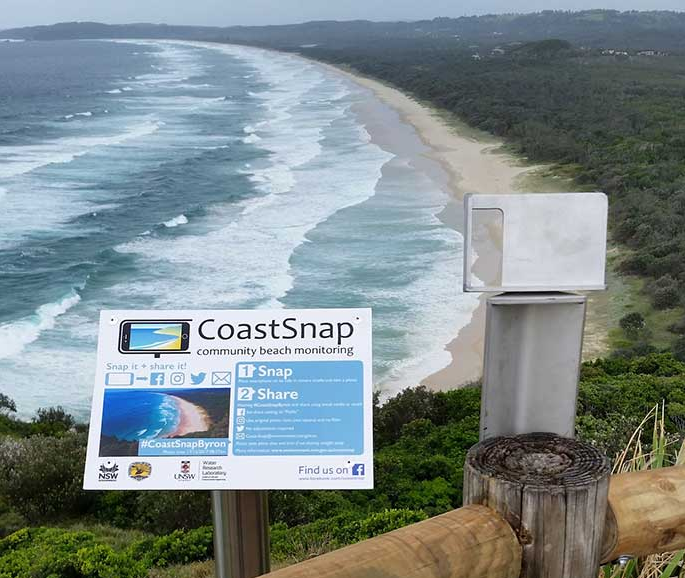Migrating the conversation from the 'not much has change here thread':
Doing a national survey on wasp populations is a valuable exercise not least because I believe eusocial wasps are a better sentinel species than honeybees - far more sensitive to human made environmental pressures.
That said the present monitoring method is IMHO woefully wrong on so many levels.
Excusing the use of low efficiency traps to collect samples ignores the unnecessary environmental harm these traps cause just because it is more difficult to educate people rather than tap into and exploit their ignorance! That I'm afraid sums up our University education system in a nutshell. I thought one of the principal aims of this citizen science was to educate citizens about the benefits of wasps (and ecology as a whole).
So here's what I think might be happening: To set up a non destructive system of monitoring using photography as the means of conveying data would take up too much time and effort on the part of the University principal investigators/ project leads. Far easier to dump the grunt work on the poor Biology/Entomology students to keep them occupied for their £9.25k per annum instead of the effort required to teach them something useful. The department gets its grant money and the wheels remain greased.
There are other reasons why I don't like the Big Wasp Survey apart from not being on message and not being ecologically sensitive. It exposes members of the public to what I consider to be an unacceptable level of health risk. Using low efficiency traps increases sting rates in members of the public. The full ramifications of silent sting induced Kounis syndrome are only slowly coming out (innate activation and degranulation of mast cells via toll like receptors leading to cardiovascular insult - heart attacks and strokes in lay speak). Sending dead wasps through the post exposes the mail delivery system to parcel damage and biohazard including unwitting handling of anaphylactic antigens.
There are other things that I could nit pick about such as variability of the wasp season affecting results but hey, life's too short.
Doing a national survey on wasp populations is a valuable exercise not least because I believe eusocial wasps are a better sentinel species than honeybees - far more sensitive to human made environmental pressures.
That said the present monitoring method is IMHO woefully wrong on so many levels.
Excusing the use of low efficiency traps to collect samples ignores the unnecessary environmental harm these traps cause just because it is more difficult to educate people rather than tap into and exploit their ignorance! That I'm afraid sums up our University education system in a nutshell. I thought one of the principal aims of this citizen science was to educate citizens about the benefits of wasps (and ecology as a whole).
So here's what I think might be happening: To set up a non destructive system of monitoring using photography as the means of conveying data would take up too much time and effort on the part of the University principal investigators/ project leads. Far easier to dump the grunt work on the poor Biology/Entomology students to keep them occupied for their £9.25k per annum instead of the effort required to teach them something useful. The department gets its grant money and the wheels remain greased.
There are other reasons why I don't like the Big Wasp Survey apart from not being on message and not being ecologically sensitive. It exposes members of the public to what I consider to be an unacceptable level of health risk. Using low efficiency traps increases sting rates in members of the public. The full ramifications of silent sting induced Kounis syndrome are only slowly coming out (innate activation and degranulation of mast cells via toll like receptors leading to cardiovascular insult - heart attacks and strokes in lay speak). Sending dead wasps through the post exposes the mail delivery system to parcel damage and biohazard including unwitting handling of anaphylactic antigens.
There are other things that I could nit pick about such as variability of the wasp season affecting results but hey, life's too short.





